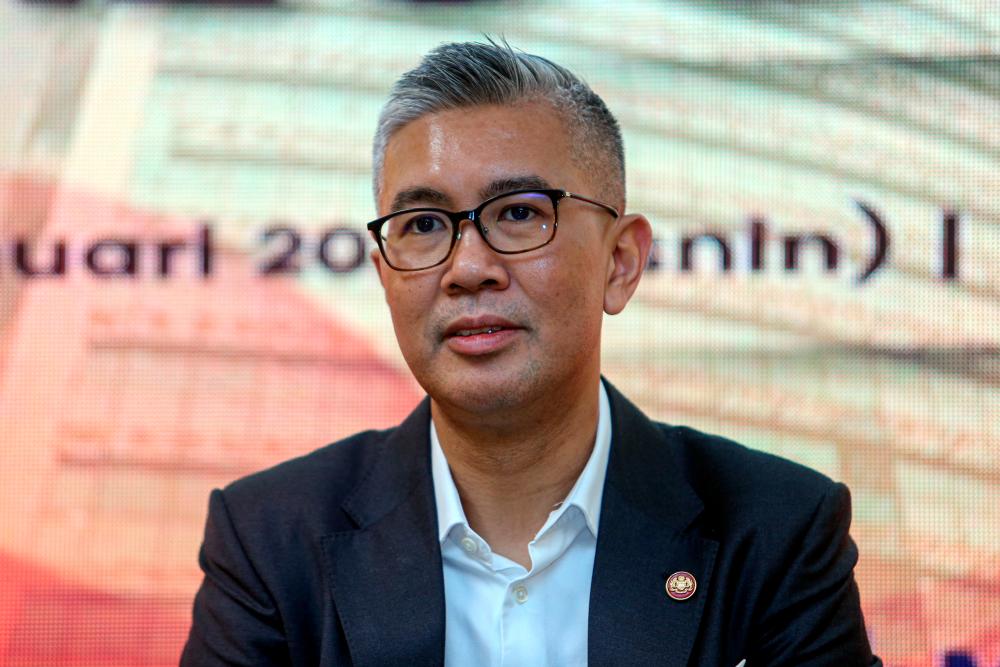KUALA LUMPUR: The Ministry of Investment, Trade and Industry (MITI) has engaged relevant ministries and agencies such as the Ministry of Human Resources, the Ministry of Higher Education and the National Technical and Vocational Education and Training( TVET) Council to increase the skilled workforce in Malaysia.
MITI Minister Tengku Datuk Seri Zafrul Abdul Aziz (pix) said the engagements would come up with the proper planning needed to ramp up the number of skilled Malaysian workers.
“One example is that we are discussing allowing students studying in Malaysian universities, such as engineering students, to work. Currently, they are not allowed to work.
“We can look at areas where there are not enough Malaysians, especially in the value-added services and high technology sectors, and allow the students to work for a period of time. We have not gone to the cabinet yet,” he told reporters after the MITI Dialogues 2024 here today.
“That is one interim solution, but we also need to entice our workers and students abroad to come back; we have many (workers and students abroad),” he added.
Tengku Zafrul also stressed that as investment inflows come in, investors need skilled manpower.
“For example, when we recently opened the AT&S Austria Technologie & Systemtechnik (Malaysia) Sdn Bhd’s plant in Kulim, Kedah, they needed 6,000 engineers while Intel needed 5,000 engineers.
It is positive, but at the same time, our country needs to ensure that the talents are there,” he said.
Meanwhile, Tengku Zafrul said MITI is finalising a few free trade agreements (FTA), including with the United Arab Emirates (UAE), which is expected to be concluded by the end of June this year.
“One of the exports is textile. There is a certification of halal textile. In fact, China and Indonesia are doing that. Malaysia does not have that yet. We have asked Halal Development Corp, together with the Malaysian Islamic Development Department (Jakim), to come out with a standard for halal textile,” he added.
The MITI Dialogues 2024 saw the attendance of almost 300 people from 24 ministries and MITI’s agencies, including representatives from 103 associations, chambers of commerce and business councils.
The day saw a dynamic exchange of views and discussion on strategies, solutions and stronger execution to further enhance Malaysia’s industrial, trade and investment ecosystem, premised on the New Industrial Master Plan (NIMP) 2030 as the overarching policy. -Bernama









